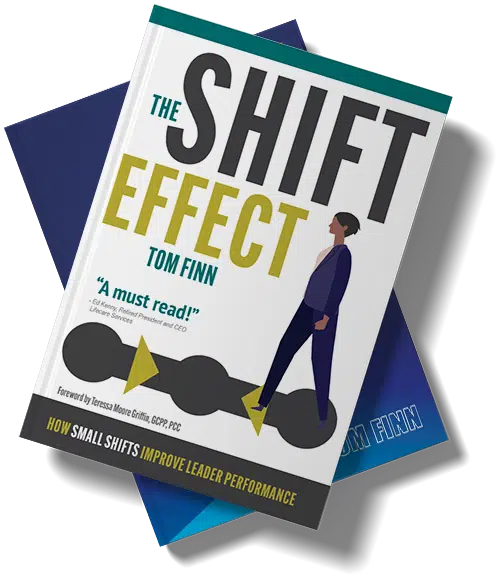
The one who is always left holding the bag? The responsible one?
Do you sometimes feel that you are the one that has to take on more of a project because others just won’t do it, or can’t do it, or don’t put in the effort that you do?
Or do you feel depleted, whether at work or at home?
One of my coaching partners, a director in a federal agency – let’s call her Mona – was this person. At work, she regularly had to mediate conflicts among her direct report supervisors. Her lunch break was constantly interrupted by requests from employees, peers, and superiors. She left for work at 5 am. Her husband, who had later work hours, wanted to cook for her and have dinner when he got home, later in the evening. She would eat later than she wanted, getting to bed too late to feel rested early the next morning.
Mona saw her part in the demands others put on her. She accommodated. She traced the way she behaved to her Catholic upbringing. “Taking time for yourself, you just don’t do that,” she said.
There are many of us who “just don’t do that” in the workplace, and we don’t have to be Catholic. Moms and Dads, workaholics, self-sacrificers, rescuers, even people who are dedicated to the mission of their organization or simply to being excellent in everything they do.
Selflessness, humility, self-sacrifice – these are good qualities that yield great results and may be a big part of your success. What often accompanies these qualities is a reluctance, even a resistance, to standing for oneself because, as Mona said, “you just don’t do that.” She, and many others, regarded a focus on oneself as selfish.
So we set up a Shift Continuum, with Selfish on one end and Unselfish on the other. The resulting picture allowed us to say, “Ok, you don’t have to become selfish, but what if you moved slightly toward the selfish end, away from the unselfish extreme. What might that look like?”
For Mona, that meant simple shifts. She stopped mediating conflicts and directed her supervisors to resolve their own disputes. She had a conversation with her husband (one she had dreaded) that went surprisingly well, where she said she would eat earlier but sit and talk with him as he cooked. And she renewed exercise and altered her diet to improve her physical depletion.
Are values like humility, unselfishness, and helping others central to your life? What are some of the personal costs of those good values?
Consider a shift in your personal or work life that doesn’t make you selfish, but that may shift the stress you are feeling back to the people who should be carrying it. See more of these stories and other workplace power shifts in my new book, The Shift Effect, available on Amazon.
If you would like to get more stories and solutions on common issues like handling overload, risk taking, and turning around situations that are stuck, email tom@tomfinnassociates.com and get on our email list.

